In the early summer of 2023, I had an opportunity to play with the soon-to-be-released Nikon Z8. We met up with the Nikon crew in Yellowstone National Park to photograph some wildlife and the good folks at Nikon also had another surprise for us out there.
They had an early sample of the 600mm f/4 S lens. It was a fun lens to play with at the time but it wasn’t a production copy ready to be reviewed. Now that the year is almost over I finally have in my hands a proper 600mm lens to test. This is going to be the most premium telephoto lens that Nikon will offer, and the price is not for the faint of heart.
Nikon Z 600mm f/4 S TC VR: How It Handles
Yellowstone National Park is positively teeming with wildlife but here in Calgary, the local zoo would have to suffice. I decided to go sans monopod or tripod so as not to get in anyone’s way, and handholding the seven-pound (3,260 gram) weight of the $15,500 600mm lens did cause a bit of strain in my arm.

However, the weight is substantially less than the 8.4 pounds (3,810 grams) heft of the lightest Nikon F-mount 600mm. The lens comes with the usual bucket-sized hood and has a customizable two-way switch ring, as well as a customizable control ring. The control ring can be set to manipulate ISO, exposure compensation, and aperture however, I found the ring too easy to inadvertently turn thus wreaking havoc with my exposures, so I disabled it.
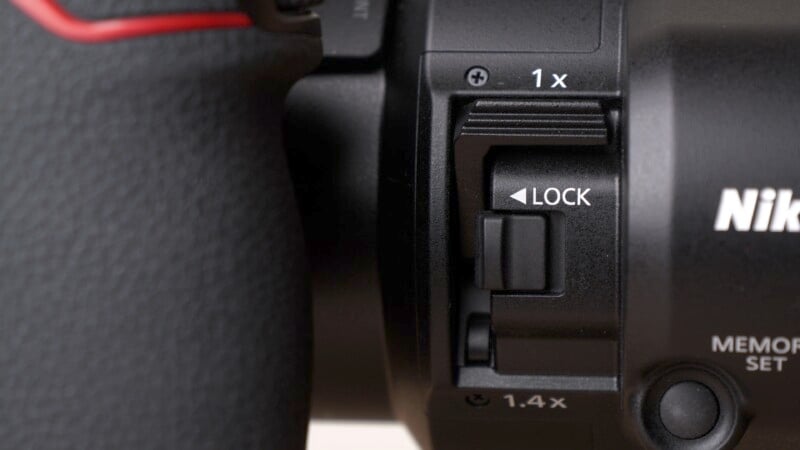
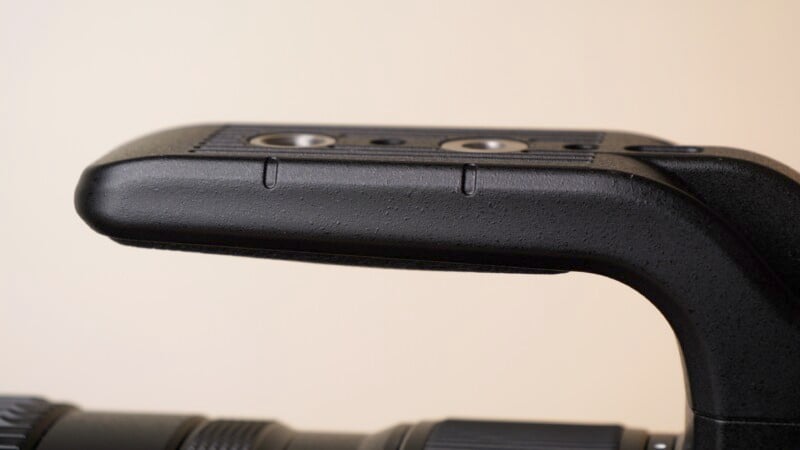
There is a plethora of customizable function buttons and switches for focus control and limiter. The 600mm has a built-in VR unit which works brilliantly as expected. Truthfully, it has all of the controls you would expect to find on a premium telephoto lens but the most important addition is the built 1.4x teleconverter which can be swapped on and off at the flick of a switch. This adds a lot of versatility to the prime lens by allowing the user to have some control over the field of view when necessary. I found myself using it to fine-tune my composition when I was a little too far away or a little too close to my subject, rather than strictly when I wanted the most reach possible.
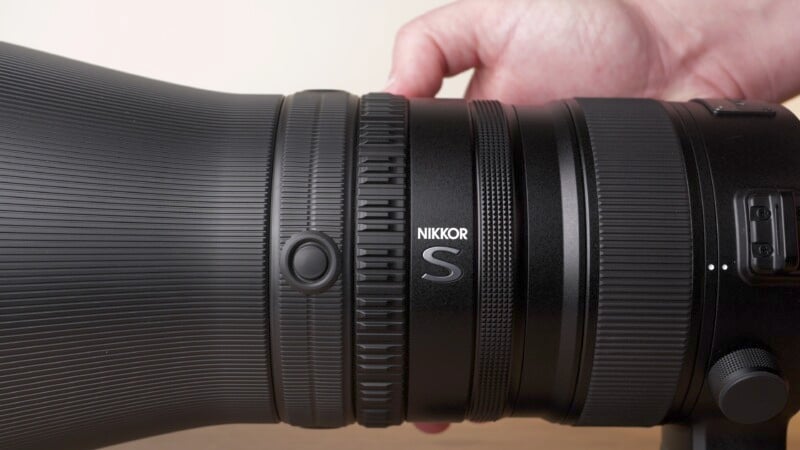
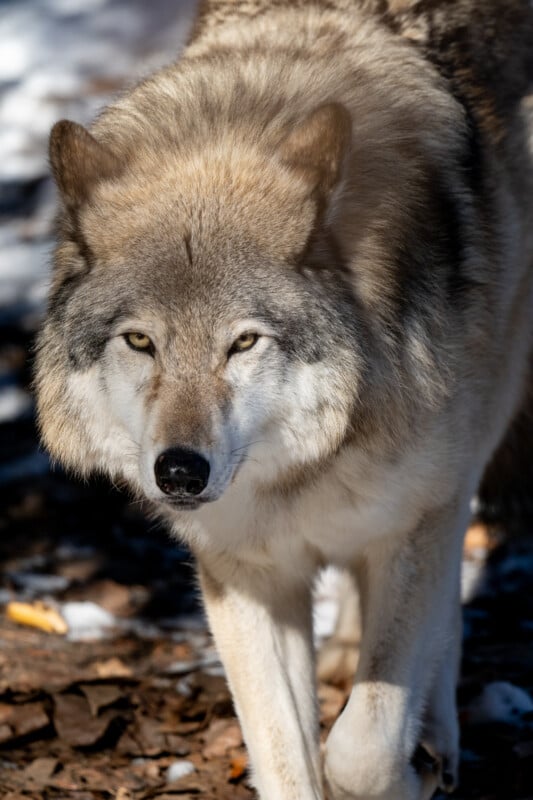
Nikon Z 600mm f/4 S TC VR: How It Shoots
Reviewing the image quality of this lens was easy. Considering the cost of the lens, you would expect image quality overall to be near perfect — and you’d be correct. Chromatic aberrations are effectively non-existent, with no longitudinal chromatic aberrations (LoCa) or color fringing visible. The lens also handles bright sunlight and flare very well thanks to the generous lens hood and Nikkor Nano Crystal coatings.
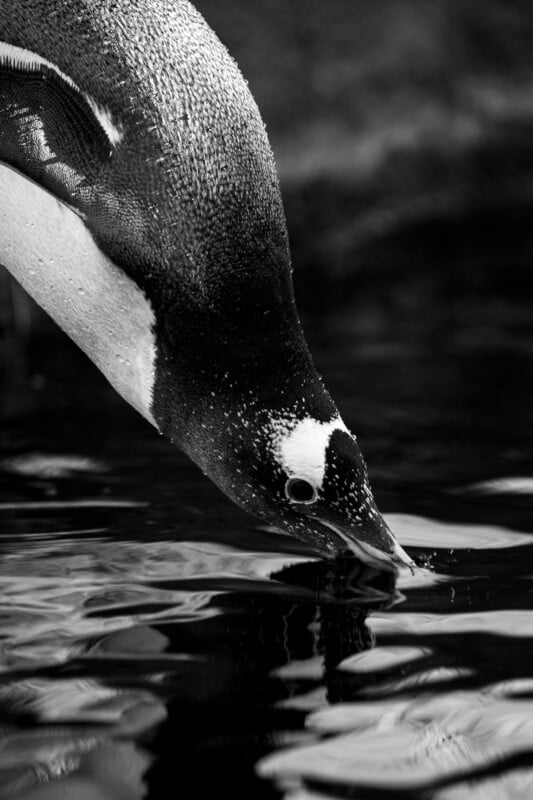
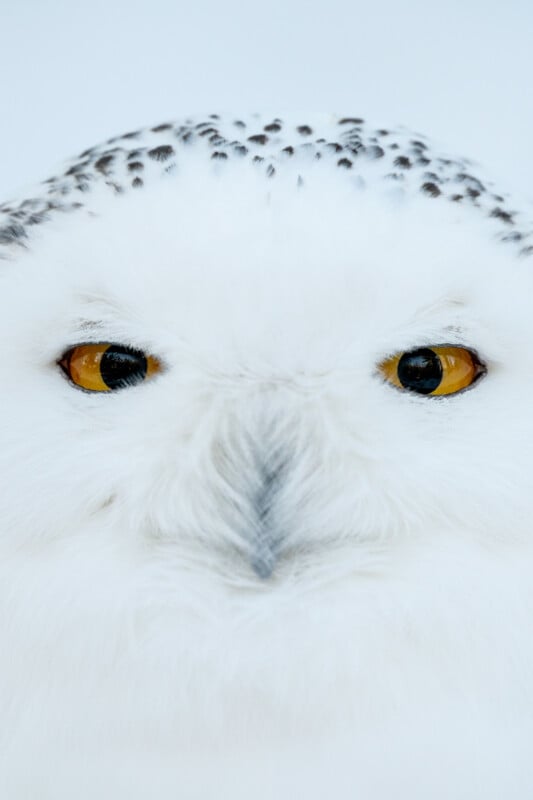
Bokeh is very important on wildlife telephotos because of the naturally shallow depth-of-field generated by such lenses as well as the desire to have subjects stand out starkly against busy backgrounds. Any specular highlights show up with no onion rings present and only a slightly brighter outer ring. Subsequently, the transition from in-focus to out-of-focus areas is gorgeous and backgrounds become silky smooth fields of color.
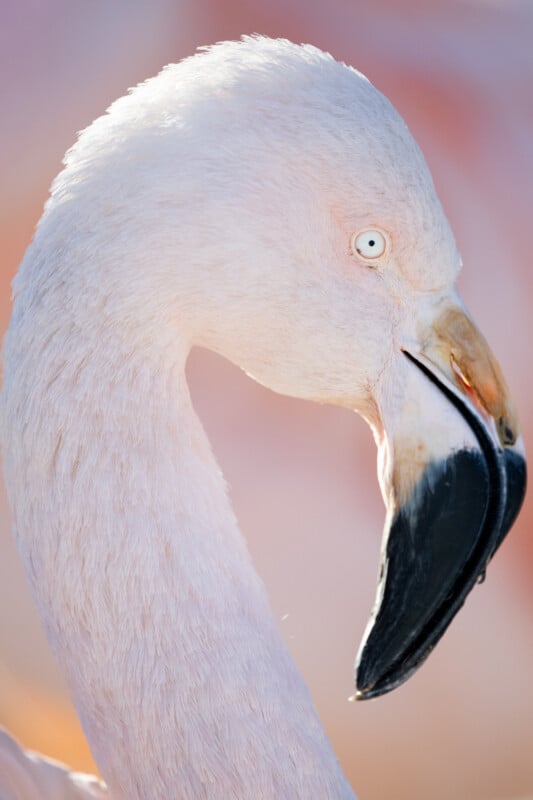
Sharpness is basically perfect right out of the gates. At f/4, the lens is already detail-rich and shoots very flat, meaning that the corners are sharp when the center is too. Stopping down the lens will help slightly to give more contrast and detail but there is no reason to fear shooting the 600mm f/4 wide open. Most importantly, the detail remains even when the teleconverter is swapped into place. You will certainly lose some light, putting the maximum aperture to f/5.6. However, the sharpness remains and makes it easier than ever to commit to using the built-in teleconverter without worrying about any compromises.

Nikon Z 600mm f/4 S TC VR: It’s Worth the Price
We have an optically perfect lens with a lighter-weight design than we’ve ever seen before from Nikon, all wrapped up with the added versatility of a teleconverter. The price may be high but this is a specialized lens for professional sports or wildlife shooter.
If you need the Nikon Z 600mm f/4 S TC VR lens, you know who you are, and the cost will not put you off. Otherwise, there are more accessible options for the Nikon Z-mount shooter.

Are There Alternatives?
The obvious alternative is the excellent $4,800 Nikkor Z 600mm f/6.3 VR S which provides similar image quality in a much more compact and affordable package. The light loss is significant but the 600mm f/6.3 is a marvel to walk and travel with.
Should You Buy It?
Maybe. The reasoning for buying this lens is solely based on the application and budget. A pro shooter should invest in this lens, but an enthusiast should look elsewhere.
